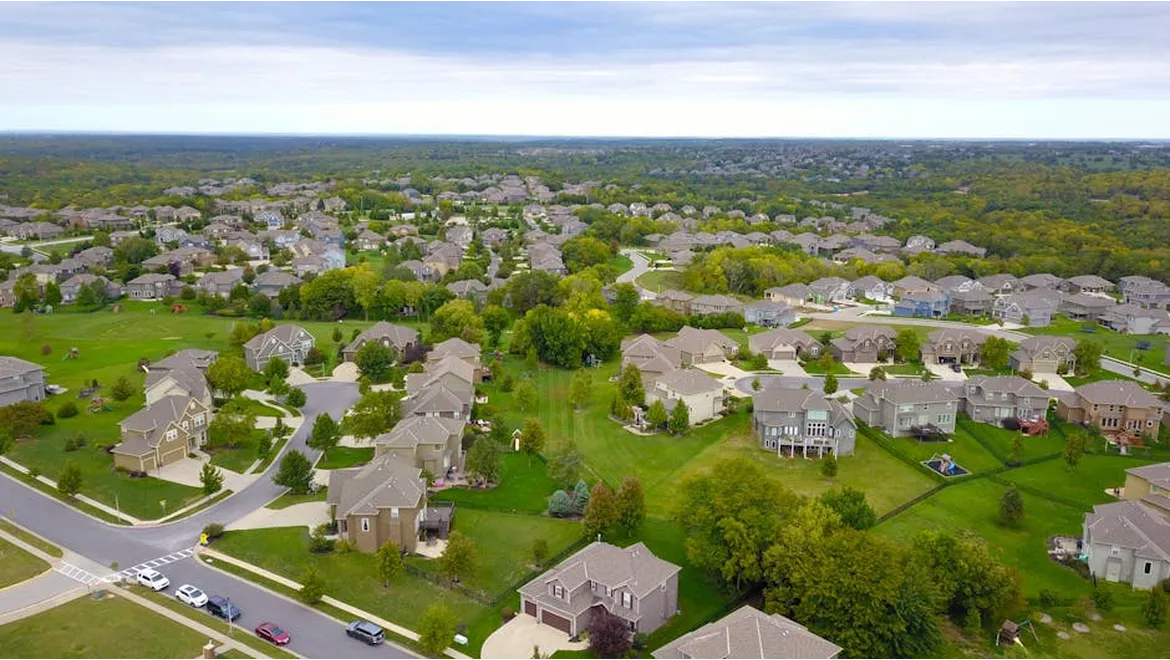Alright, buckle up, because I’ve been down a rabbit hole – a hyperlocal rabbit hole, that is! I’ve been exploring the nitty-gritty world of using Facebook groups to build real community and generate leads for local businesses. Forget broad demographics; we’re talking postcode-precise marketing. I wanted to see if these Facebook groups are a better choice for small businesses compared to platforms like Nextdoor, and here’s what I’ve found.
First off, let’s acknowledge the landscape. Nextdoor is designed for this – local chatter, lost cat posters, neighbourly recommendations. It’s built for the hyperlocal. But Facebook groups? They’re inherently more flexible. The key, I discovered, lies in strategic creation and management.
Building Your Digital High Street: The premise is simple: create a Facebook group tailored to an extremely specific geographic area. Think your street, your building complex, or a couple of blocks. The smaller the area, the more intimate the connection. This isn’t about mass reach; it’s about deep engagement. I started by literally walking around my neighbourhood, chatting to people, and gauging interest in a group dedicated solely to our little corner of the world. Turns out, people are craving connection!
I named our group something like “[Your Neighbourhood Name] Community Hub”. The description made it clear: local news, recommendations, buy/sell items, and supporting local businesses were all welcome. Critically, I set clear ground rules – no spam, no negativity, and local relevance only. I invited existing neighbours and encouraged them to invite others.
Engagement is King (and Queen): Building the group is the easy part. Keeping it active is where the magic happens. Forget hard-selling. Think community building first. I started by posing questions: “What’s your favourite local coffee shop?” “Any recommendations for a reliable plumber?” I shared local news stories and encouraged people to share their own. Regular polls, quizzes and light-hearted discussion kept people engaged.
The real breakthrough came when I encouraged local businesses to participate genuinely. No blatant ads, just helpful advice and offers tailored specifically to the group. A local bakery, for example, offered a discount to group members for a limited time and answered baking questions. The response was fantastic! This felt worlds apart from the promotional noise of most Facebook pages. The focus was on being a helpful, engaged member of the community, not just a brand pushing products.
Targeting with laser precision: Facebook’s targeting capabilities, even within groups, are surprisingly granular. You can tailor posts based on member location within the group (if they’ve shared it), interests, and behaviours. This means a local pet shop could target members with dogs with posts about specific dog food brands or grooming services.
Facebook vs. Nextdoor: The Showdown: So, how does this compare to Nextdoor? Nextdoor has built-in audience but it can be a tough crowd. People are often there to complain or air grievances. Facebook allows you to create a more positive and welcoming environment. You have more control over the narrative and the type of engagement. Facebook also benefits from its wider ecosystem. It’s easier to integrate with other marketing tools and strategies.
However, Nextdoor has the advantage of being explicitly designed for this purpose. It also is designed specifically for that location and helps avoid spammers. Facebook groups require more effort in moderation and community management to keep things running smoothly and keeping the content local. There is more control but more effort.
Cost and Measurement: Creating and managing a Facebook group is virtually free (time investment aside). Measuring success is more qualitative than quantitative. You can track engagement metrics like likes, comments, and shares. More importantly, track real-world results: increased foot traffic, new customers mentioning the group, and positive feedback.
I’ve learned that the key to successful hyperlocal Facebook groups is authenticity, patience, and a genuine desire to serve the community. It’s about building relationships, not just blasting ads. By focusing on creating valuable content and fostering a positive environment, businesses can tap into a powerful source of local leads and build lasting brand loyalty.
Ultimately, the “best” platform depends on your business goals and resources. If you’re looking for quick wins and broad reach, Nextdoor might be a starting point. But if you’re willing to invest the time and effort in building a genuine community, a hyperlocal Facebook group can offer unparalleled engagement, targeted reach, and long-term value. It’s about finding your digital spot on the high street, one neighbour at a time.











